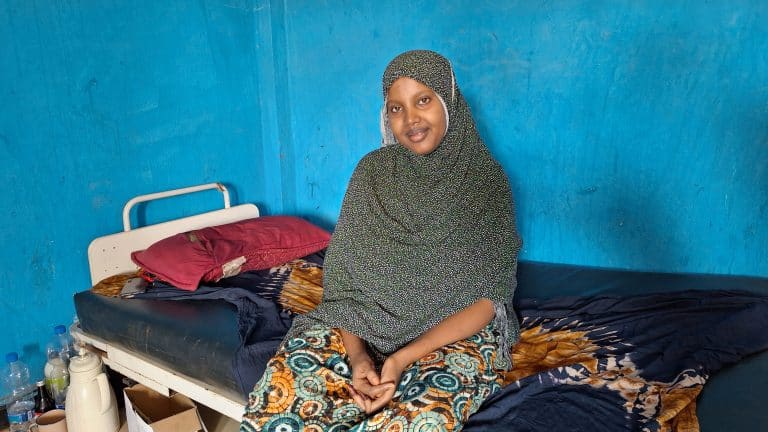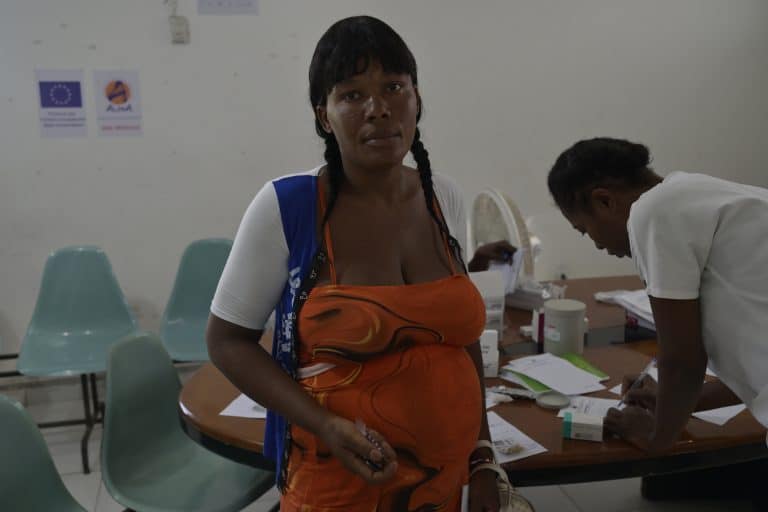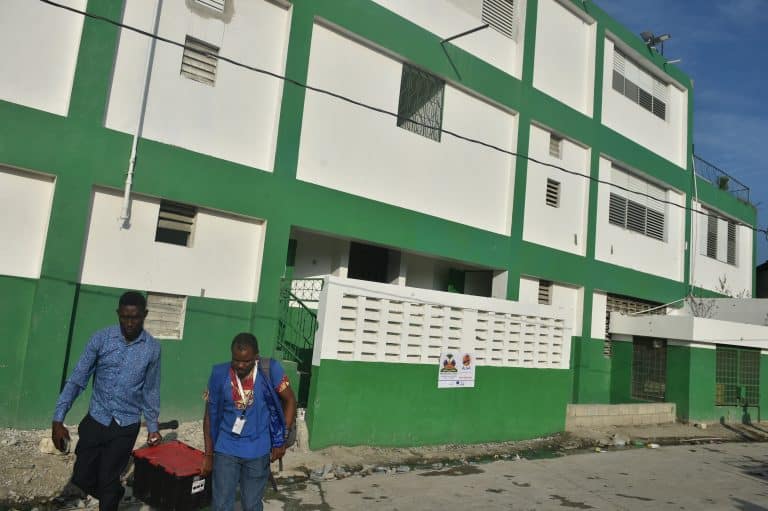“Our team is ready to support health authorities to manage the response against the outbreak by delivering care to patients and protecting health workers,” said Dr. Abdoul Bing, Medical Coordinator for ALIMA in Guinea. “ALIMA plans to bring all necessary means and closely work with the local communities to deliver health care according to optimized standards, in order to ensure the early care of patients. We know that it is what saves lives, because there are now treatments that can cure the disease.”
The response will be carried out in partnership with Guinea’s Ministry of Health and Guinea’s National Agency for Health Security (ANSS), already working with ALIMA as part of the COVID-19 response. ALIMA, with its extensive experience in responding to several other Ebola epidemics, including its intervention in the previously affected area (N’Zérékoré), will be able to help fight this outbreak while providing quality care to patients.
According to Guinea’s Ministry of Health, at least seven cases have been confirmed, as of February 16. Five deaths have been reported and two people remain hospitalized. More than 130 contacts have been identified. These are the first reported Ebola cases in the country, since the end of the 2014-2016 epidemic, which the World Health Organisation says infected more than 28,000 people in West Africa, including 3,800 in Guinea. In response to this outbreak, ALIMA health workers, with experience responding to disease outbreaks, cared for patients infected with the Ebola virus at a 40-bed treatment center in N’Zérokoré.
Since 2015, two clinical research projects have been conducted in Guinea with ALIMA and its partners, including Inserm, the French National Institute of Health and Medical Research, the US National Institutes of Health (NIH), the London School of Hygiene and Tropical Medicine and Guinean health authorities:
– PREVAC (Partnership for Research on Ebola Vaccination), which evaluated the safety and immunogenicity of two Ebola vaccine candidates.
– PREVAC-UP, launched in 2019, which is currently evaluating the most reliable and effective vaccination strategy against the Ebola Virus Disease, with lasting protection for all populations, including children.
“Despite the context of COVID-19, which adds additional challenges to the response, the expertise and experience gained by ALIMA during previous responses to outbreaks of hemorrhagic fevers, such as Ebola in Guinea and the Democratic Republic of the Congo, gives us several new tools,” says Dr. Richard Kojan, Intensive Care Specialist and President of ALIMA. “We now have vaccines and treatments, which have proven their effectiveness, and also innovative care tools, such as the CUBE (Biosecure Emergency Care Unit for Outbreaks), as well as the necessary expertise to quickly support the response to this outbreak.”
Cover photo: A medical team from ALIMA enters the high-risk zone of the Ebola Treatment Center in N’Zérékoré, Guinea. December 2014. © Sylvain Cherkaoui / ALIMA





